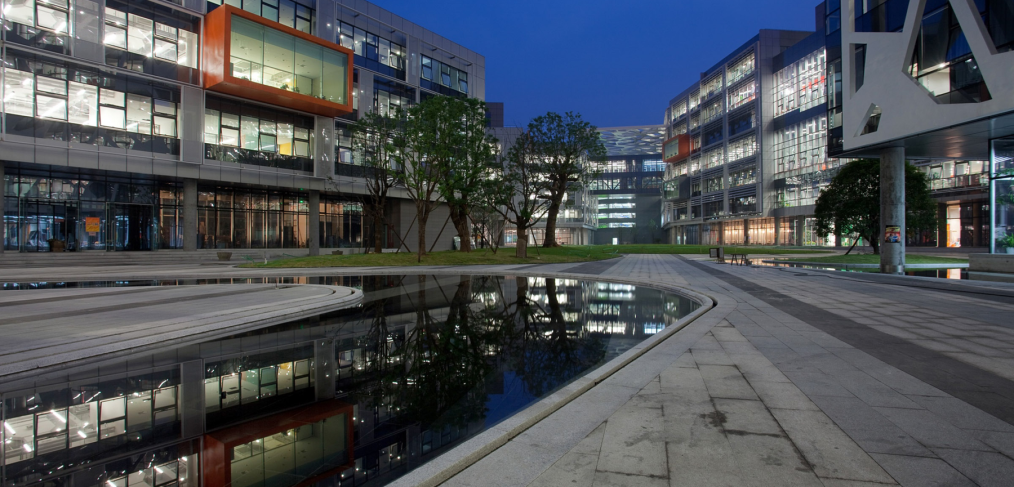If you’ve had the opportunity to work with a company in an Asian country (and China, Japan, or South Korea in particular), you’ve undoubtedly observed a marked difference in the role of hierarchy in their culture. These countries feature a high power distance index (PDI) where “lower ranking individuals of a society accept and expect that power is distributed unequally”. For example, China has an high PDI of about 80 versus the United States’ PDI of 40 and Western European country’s PDIs of between approximately 25 and 40 (see PDIs by country).
In high PDI cultures, authority is centralized and subordinates are unlikely to approach and contradict their bosses directly; unfortunately, elevated PDI has an adverse impact on innovation. Research on the correlation between power distance and innovation has shown “a strong negative relationship between Hofstede’s dimensions of power distance and GII innovation scores as well as a strong positive relationship between individualism and GII innovation scores.”
Translation? If you can’t tell the boss he’s wrong, then bad ideas proliferate while good ideas stagnate.
However, many organizations are trying to break with traditional attitudes, promote flatter hierarchies, and encourage innovation. I got to see one such effort firsthand during a recent project working with Alipay in Hangzhou (we were enabling Alipay to use the Samsung Galaxy S® 5 fingerprint sensor to authorize mobile payments).
The key to Alipay’s strategy starts with a simple idea: how do people address each other in conversation?
Here’s what “Kiss, Bow or Shake Hands” has to say about how people address each other in China in a business setting:
The Chinese are very sensitive to status and titles, so you should use official titles, such as “General,” “Committee Member,” or “Bureau Chief” when possible.
and:
Most people you meet should be addressed with a title and their name. If a person does not have a professional title (President, Engineer, Doctor), simply user “Mr.” or “Madam,” “Mrs.,” or “Miss,” plus the name.
Every time you talk with someone in your organization, you are being constantly reminded of both their rank and your rank in relation to them. Hence Alipay’s tactic to change the cultural status quo: remove this constant reminder of a person’s rank from daily work.
The first thing a new Alipay employee does when they join the company is choose a nickname (typically a character from Chinese history, literature, or popular culture). From then on, that’s how people know them. No more “Director <name>” or “Manager <name>”; now it’s “Zhu Bajie” (a character from a famous Chinese literature classic) or “One Night” (???).
In practice, what I observed in my time at Alipay seems to speak positively of their efforts. Unlike other projects I’ve worked on in Asia, the project at Alipay was punctuated by a completely different dynamic. There was the kind of constant communication, rapid-fire discussion, and open back-and-forth disagreements that would be strikingly familiar to anyone from Silicon Valley.
What small hack could you put in place to change the culture of your organization?


